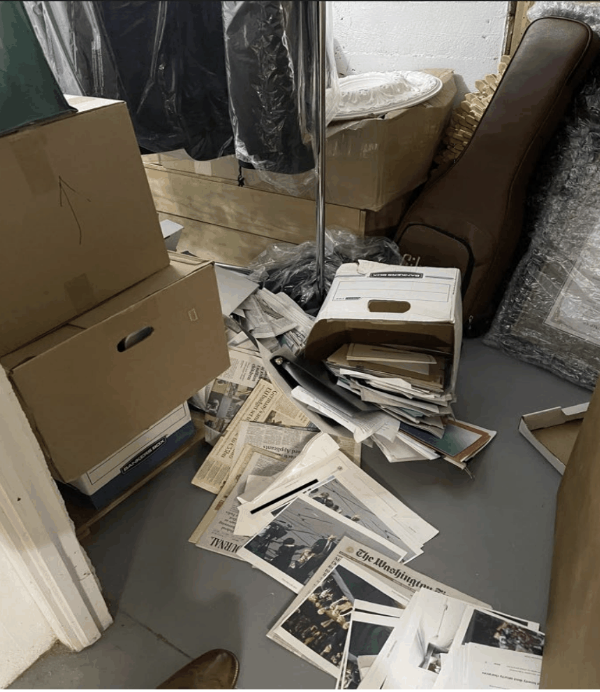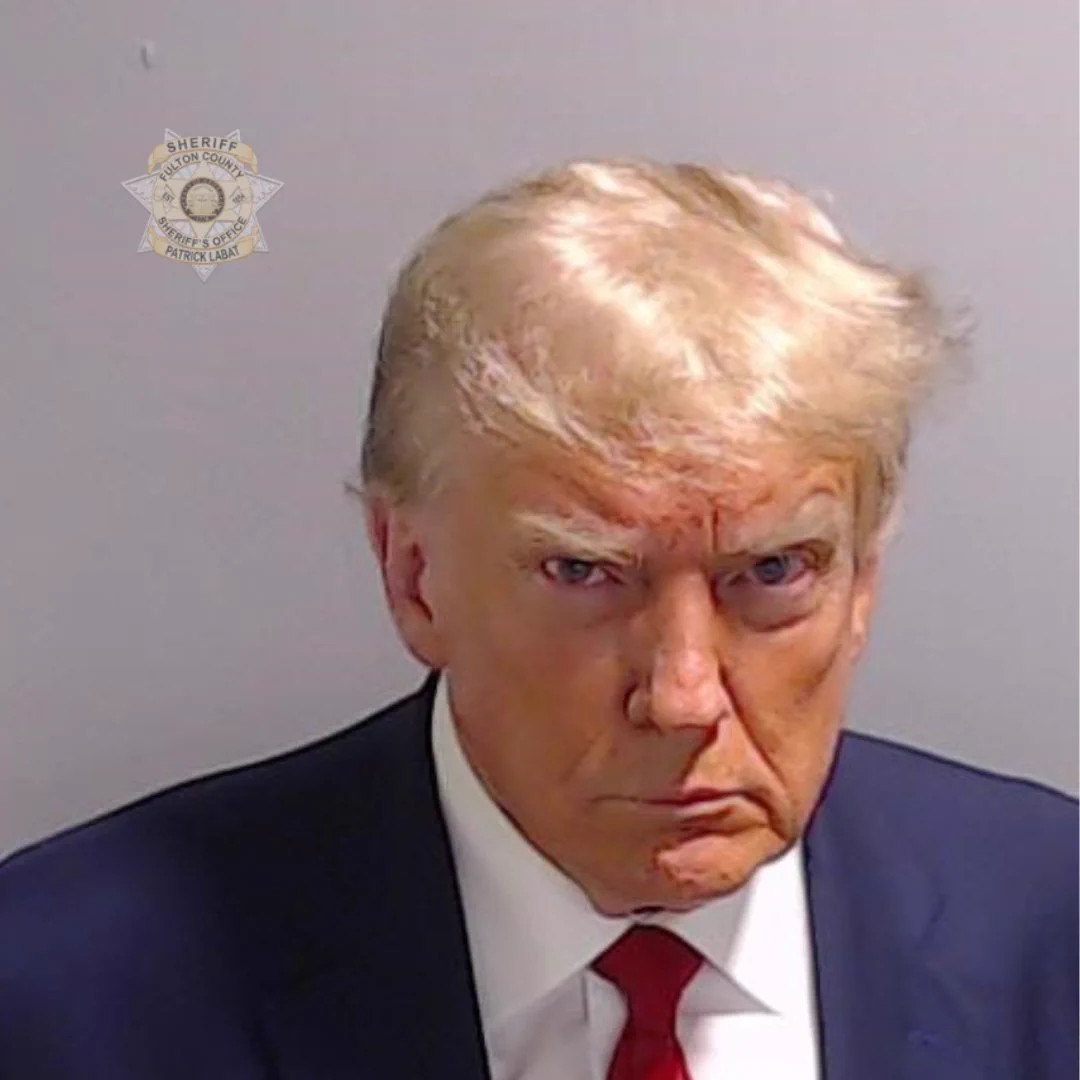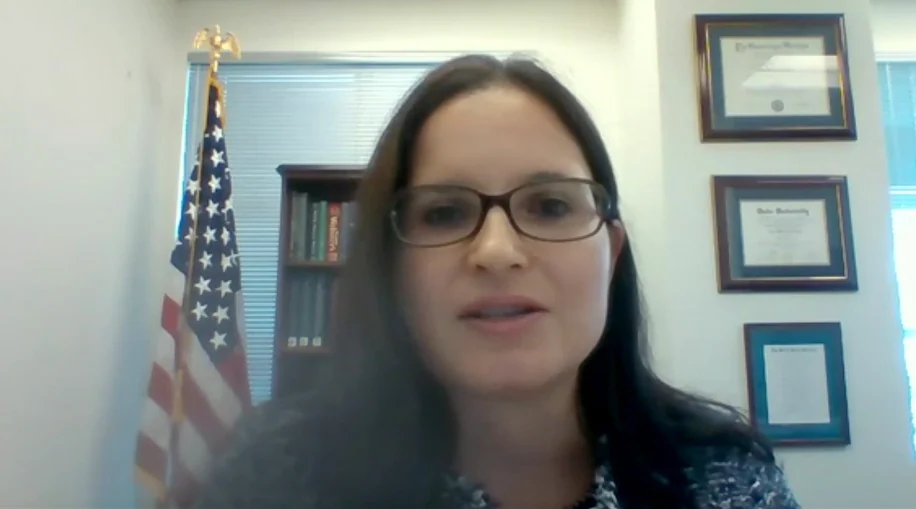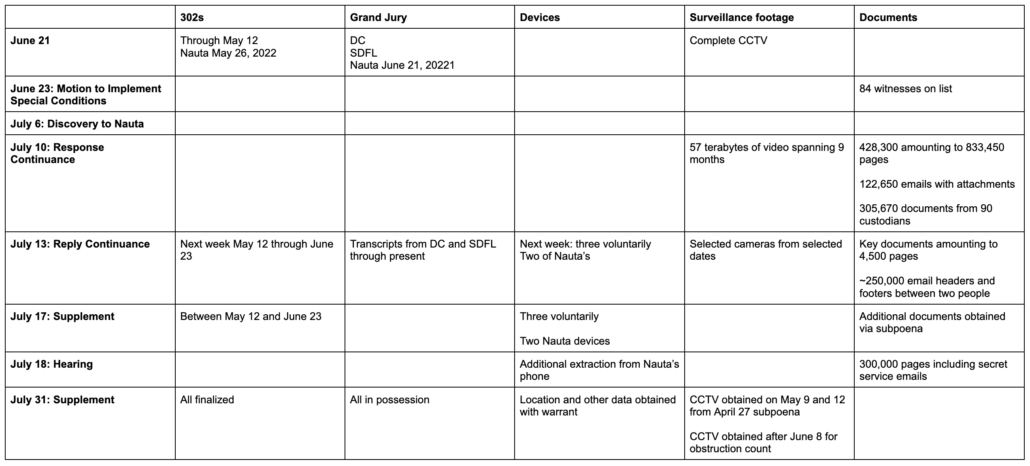Stan Woodward Reportedly Concedes a Duty of Loyalty But Doesn’t Want His Name Used at Trial
In this post, I pointed out what all the coverage of the Garcia hearing last week missed: The prior briefing had been about whether to hold a Garcia hearing. It wasn’t about what to include in the briefing, which should all stem from ethical conflict rules.
On Monday, Judge Aileen Cannon (while blaming the Special Counsel’s Office) ordered that briefing.
In SCO’s submission in response, they clearly laid out not just that they had established the reason why Stan Woodward couldn’t cross-examine a former client, but that they had laid that out from their initial briefing — over two months ago, they observe — on the Garcia hearing: it arises from the Bar rules in both Florida and DC.
As the Government stated in its initial motion for a Garcia hearing, filed more than two months ago, “[a]n attorney’s cross-examination of a current or former client presents a conflict of interest.” ECF No. 97, at 6. Nor can Mr. Woodward otherwise seek to discredit Trump Employee 4 at trial, including in closing arguments.
And this time around they did what they should have been prepared to do at last week’s hearing: Cite 11th Circuit precedent.
Under the Florida ethics rules, “attorneys generally owe duties of confidentiality and loyalty to former clients.” Med. & Chiropractic Clinic, Inc. v. Oppenheim, 981 F.3d 983, 990 (11th Cir. 2020); see Fla. Bar R. Prof’l Conduct 4-1.9. These duties both come into play when, as here, a former client testifies at trial against a current client in a substantially related matter. During cross-examination, the attorney might “improperly” use the prior client’s confidential information or, alternatively, hold back from “intense probing” to avoid using those confidences. United States v. Ross, 33 F.3d 1507, 1523 (11th Cir. 1994). When the subject matters of the representations are substantially related, “the court will irrebutably presume that relevant confidential information was disclosed during the former period of representation.” Freund v. Butterworth, 165 F.3d 839, 859 (11th Cir. 1999). And given the duty of loyalty, a lawyer cross-examining a client, including a former client, faces “an impossible choice: [the attorney] can either vigorously cross-examine the client-turned-witness and thereby violate his duty of loyalty to the client on the witness stand, or he can temper his cross-examination and risk violating his duty of loyalty to the client on trial.” United States v. Almeida, 341 F.3d 1318, 1323 & n.17 (11th Cir. 2003). [my emphasis]
In its filing, SCO accuses Woodward of denying his ethical obligations to a former client at the contentious hearing last week, then lays out Florida precedent establishing it.
At the hearing on October 12, 2023, Mr. Woodward disputed that he had a duty of loyalty to his former clients, referring to “my hypothetical duty of loyalty to a former client, which again we dispute that duty even exists.” 10/12/2023 Hearing Tr. at 19. Similarly, when the Government conferred with Mr. Woodward in connection with this filing on October 17, 2023, Mr. Woodward continued to question whether he owes an ongoing duty of loyalty to Trump Employee 4. There is no basis for dispute: “a duty of loyalty exists apart and distinct from the duty to maintain client confidences.” United States v. Culp, 934 F. Supp. 394, 398 (M.D. Fla. 1996). Indeed, although Mr. Woodward and Mr. Irving have agreed to have another attorney conduct the cross-examination of their clients, courts frequently disqualify attorneys even where the attorneys propose that another attorney will conduct the cross-examination of a former client. See, e.g., United States v. Cordoba, No. 12-CR-20157, 2013 WL 5741834, at *12 (S.D. Fla. Oct. 17, 2013); Delorme, 2009 WL 33836, at *7; United States v. Miranda, 936 F. Supp. 945, 952 (S.D. Fla. 1996); United States v. Perez, 694 F. Supp. 854, 858 (S.D. Fla. 1988). Consistent with these authorities, Mr. Woodward acknowledged today that his ethical obligations to Trump Employee 4 and Witness 1 may constrain his ability to discredit those clients at trial, including during closing arguments. [my emphasis]
Importantly, the full context — at the hearing — of Woodward’s suggestion that he does not owe Taveras any duty of loyalty pertained to moving to strike Taveras’ testimony.
I am not certainly prepared to advise Mr. Nauta if he is prepared to proceed with a trial in which he doesn’t know what role his principal choice of counsel can play because, again, in the case law cited by the Government this isn’t limited to summation. The Government used summation as an example, but would I also be precluded from filing a motion to strike Trump Employee 4’s testimony because that potentially implicates his credibility, or my hypothetical duty of loyalty to a former client, which again we dispute that that duty actually exists. [my emphasis]
Those citations SCO provided of instances where courts have disqualified attorneys entirely may be why — at least per SCO’s representation, though we shall see whether he actually says that in his own filing — Woodward conceded he may not be able to close on Taveras. He still seems committed to remaining in this impossible position, largely incapable of defending Nauta against a key charge.
But Woodard is still dug in on one topic: About whether his name can be used in conjunction with Taveras’ testimony.
It is all but certain that Trump Employee 4’s testimony before the grand jury (while represented by Mr. Woodward) and his subsequent retraction and disavowal of that testimony will be subjects of cross-examination and redirect. The questioning may also encompass the fact that Trump Employee 4 was represented by Mr. Woodward at the time of his grand jury testimony, that Mr. Woodward’s legal fees were paid by a PAC controlled by defendant Donald J. Trump, and that Trump Employee 4 procured new counsel and quickly retracted his prior grand jury testimony. All of these facts will be relevant to Trump Employee 4’s testimony and may come out at trial.1
1 When the Government conferred with Mr. Woodward in connection with this filing, he asserted that his name should not come up during examination of Trump Employee 4, but he agreed that the other information referenced above could be relevant. [my emphasis]
I suspect SCO was trying to avoid making all this plain. I also suspect they pulled a great many punches (though that may have arisen from page limits). According to earlier filings, SCO warned Woodward about this conflict in early 2023, and he did nothing about it.
Woodward will file his response today as well. I expect it to be quite contentious.








